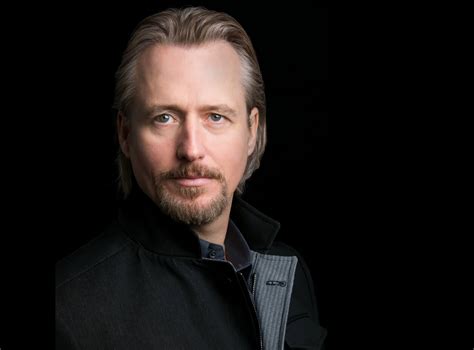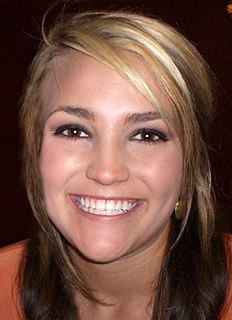A Quote by Alexander Weinstein
"Moksha" is really a satire of myself. I've always been interested in Eastern spirituality. I'm particularly interested in enlightenment and the spiritual pursuit to liberate ourselves (I'm a Buddhist at heart). During my teenage years, I imagined I'd end up going to India to become a yogi; study with the last living saints in a cave; give up all my worldly possessions; learn to levitate. And there's still part of me that can see myself "disappearing" for some years at an ashram somewhere.
Quote Topics
Always
Become
Been
Buddhist
Cave
Disappearing
Eastern
End
Enlightenment
Give
Going
Heart
Imagined
India
Interested
Last
Learn
Liberate
Living
Me
Moksha
Myself
Ourselves
Part
Particularly
Possessions
Pursuit
Really
Saints
Satire
See
Some
Somewhere
Spiritual
Spirituality
Still
Study
Teenage
Teenage Years
Up
Worldly
Worldly Possessions
Years
Yogi
Related Quotes
Somewhere in my early twenties I realized I was pretty constantly monitoring myself, judging how I was always falling short, whether it was about not being a good enough daughter or friend, or my appearance, or whatever. I ended up becoming involved with a spiritual path in the yogic tradition, living in an ashram, doing a very rigorous spiritual practice.
Part of me wanted to disappear into a cave in India, and I did end up going on retreats there, but, don't ask me why, I always felt very strongly that the point for me was to find a way to live a truly spiritual life in the modern day world and be able to work with all the positive aspects of our cultural and technological advancements.
I'm often asked by younger filmmakers, 'Why do I need to look at old movies?' I've made a number of pictures in the last 20 years and the response I have to give them is that I still consider myself a student. The more pictures I've made in 20 years, the more I realize I really don't know. And I'm always looking for something or someone that I could learn from. I tell the younger filmmakers, and the young students, that do it like painters used to do—that painters do—study the old masters, enrich your palette, expand the canvas. There's always so much more to learn.
The thing about humour is that the super-ego is also at play, so what interested me, particularly in the last chapter which is key to the book -and no one seems to have picked this up in writings on Freud - is that, in the later Freud, the essence of humour is the ability to look at myself and find myself ridiculous. That makes me laugh.
It was a scary decision to let cameras into my life, but if I was going to do it, I just wanted to be really honest and kind of introduce myself as an adult. I think the world met me as a young girl, and they still associate me with who I was when I was 13, they still don't understand how over the last eight years what has happened and who I've become.
For me, spirituality includes the belief in things larger than ourselves, an appreciation of nature and beauty, a sensitivity to the world, a feeling of shared connection with other living things, a desire to help people less fortunate than ourselves. All of these things can occur with or without God. I do not believe in the existence of God, but I consider myself a spiritual person in the manner I have just described. I call myself a spiritual atheist. I would imagine that many people are spiritual atheists.
I had no plan for that year but it wound up being one of the most important years of my football coaching career. It hit me along the way that I needed to really get at the heart of what's really true to myself. And then I was able to mold it and shape it in the years at SC to become the approach and the concept and the culture that we try to create here at Seattle.
Consequently, I get inspiration from all over the place. But it's not like a calculated thing on my part, or a way that I see myself, you know? I'm just interested in things that move me, and I don't care where they come from. In fact, I'm interested if they come from a place I wouldn't expect, or would seem foreign to me on some level.
































